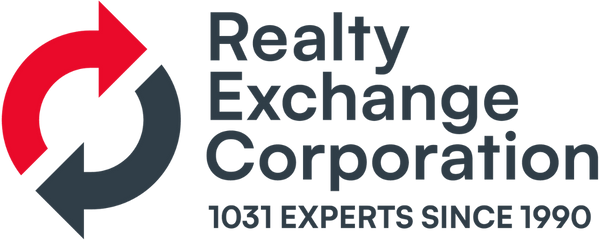Qualified Intermediary Safe Harbor
The IRS established safe harbors to complete a 1031 exchange in accordance with the law. A key behind the safe harbor is to make sure the taxpayer does not actually or constructively receive proceeds or other property during an exchange. The primary IRS safe harbor is to use a Qualified Intermediary for your 1031 exchange. The Qualified Intermediary role is to insure against a taxpayer actually or constructively receiving proceeds or other property during the exchange.
Qualified Intermediary Defined
A Qualified Intermediary is a person who is not the taxpayer or a disqualified person, and enters into a written exchange agreement with the taxpayer and, as required by the exchange agreement, acquires the relinquished property from the taxpayer, transfers the relinquished property, acquires the replacement property, and transfers the replacement property to the taxpayer. 1.1031(k)-1(g)(iii).
Is your Qualified Intermediary Disqualified?
Using IRS logic, to be a Qualified Intermediary you can not be disqualified. You can not be your own qualified intermediary. Anyone who has an agency relationship with you, or within the previous two years can not be your qualified intermediary. Treas. Reg. Section 1.1031(k)-1(g)(4)(iii). Other examples of people who are considered your agent and are disqualified are your attorney, CPA, employee, etc. If the person acting as the Qualified Intermediary is your agent they are disqualified. If an attorney has provided tax or legal advice to you within the previous two years , the attorney is a disqualified person. If the attorney owns more than 10% of the firm, the whole firm is disqualified. T
